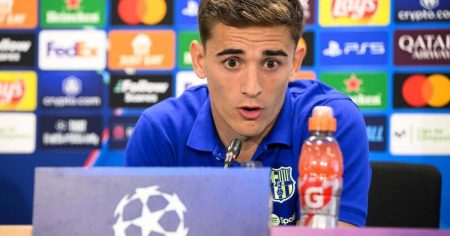The WNBA is on the brink of an exciting new chapter as it prepares to expand to 16 teams, with several cities vying for the opportunity to join the league. This expansion is more than just adding another team; it represents a significant step forward for women’s basketball, signaling growing interest and support for the sport. The league has already welcomed recent expansions in Golden State, Portland, and Toronto, with more on the horizon. As the WNBA considers where to place its 16th team, cities across the U.S. are showcasing their enthusiasm, strong ownership groups, and robust venue plans, making the decision both challenging and promising.
Among the cities in the running, Austin stands out with a formidable ownership group led by Marc Lasry, Kevin Durant, and Fran Harris. Their plan to play at the Moody Center and build a dedicated practice facility highlights their commitment to creating a premier environment for players. Charlotte, with its storied history of the Sting, is another strong contender, backed by the Hornets ownership group. Cleveland, under Dan Gilbert’s leadership, aims to revive its WNBA presence with a new team at Rocket Mortgage FieldHouse, emphasizing the importance of a dedicated practice facility. Each city brings its unique charm and potential, making the selection process a testament to the league’s growth.
The WNBA’s expansion strategy is meticulous, focusing on critical factors such as arenas, practice facilities, ownership commitment, and market demographics. This approach ensures that each new team is set up for success, enhancing the overall player experience and league competitiveness. Recent expansions have demonstrated the effectiveness of this strategy, with teams like the Golden State Valkyries debuting successfully. As the league evaluates bids, the involvement of NBA players like Kevin Durant, who can own up to 4% of a WNBA team, adds an intriguing dynamic, illustrating the cross-league support and investment in women’s basketball.
Looking ahead, the timeline for the new franchise is as exciting as it is strategic. If the 16th team is to begin play in 2027, an announcement this fall would allow ample preparation, mirroring the successful launch of previous expansions. The league’s consideration of ownership ties to the NBA, as seen with recent teams, suggests a preference for groups with established sports management expertise. However, independent groups also have a chance to shine, especially those in non-NBA markets like Nashville, Austin, and Kansas City. Patrick Mahomes’ enthusiasm for bringing a team to Kansas City, for instance, highlights the potential for regional impact and fan engagement.
The excitement around the WNBA’s future is palpable, with each potential expansion city offering a unique story and vision. From the ownership groups to the venues, every detail reflects a commitment to elevating women’s basketball. As the league moves forward, this expansion not only expands its reach but also deepens its impact on communities, inspiring future generations of players and fans alike. The WNBA’s growth is a testament to the power of sports to unite and inspire, and this 16th team is just the beginning of a new era in women’s basketball.









